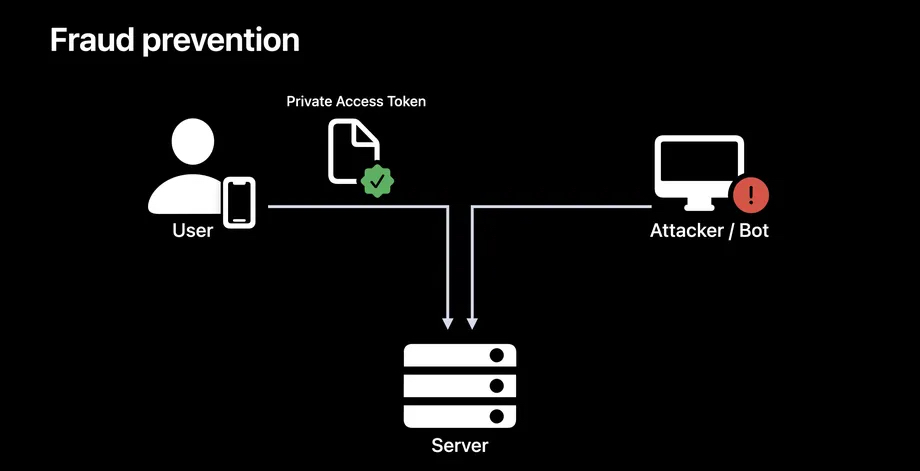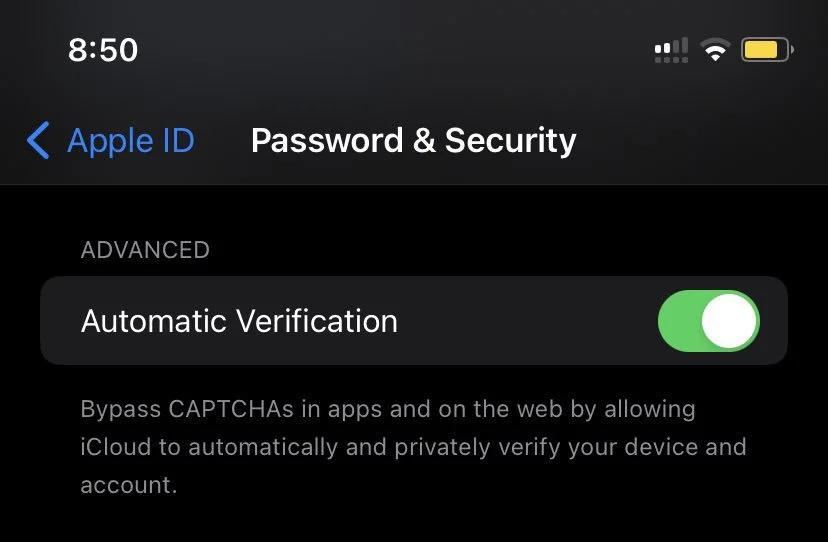When the OS updates are rolled out, users who enable Automatic Verification should be able to smoothly browse most of the internet without encountering CAPTCHAs as long those websites are hosted on either Fastly or Cloudflare. The two companies are some of the biggest content delivery networks globally, so they cover a significant portion of the internet. You can learn about the technical stuff by watching Apple’s WWDC demo but basically, Apple will send a Private Access Token to the app or website that you are using, which verifies that both the device and your Apple ID account are in good standing. The system does this without sending out personal data such as your email address or phone number. Private Access Tokens were developed and standardised by Fastly, Apple, Cloudflare, and Google, so there’s a chance this solution could also come into play for Android phones later on. Google is already working on introducing a similar feature in the Chrome browser, but instead of doing the verification itself, it hands it off to third-party issuers instead. “Private Access Tokens are a powerful alternative that help you identify HTTP requests from legitimate devices and people without compromising their identity or personal information,” said Apple. This is just one of the ways that iOS and macOS will improve web browsing, with the company also introducing Passkeys in the upcoming updates that let you sign in to websites without passwords. Apple has already rolled out the developer betas for iOS 16 and macOS Ventura, with the public beta releases coming next month. All the updates announced at WWDC are expected to launch globally this fall. (Source: The Verge, Fastly)

